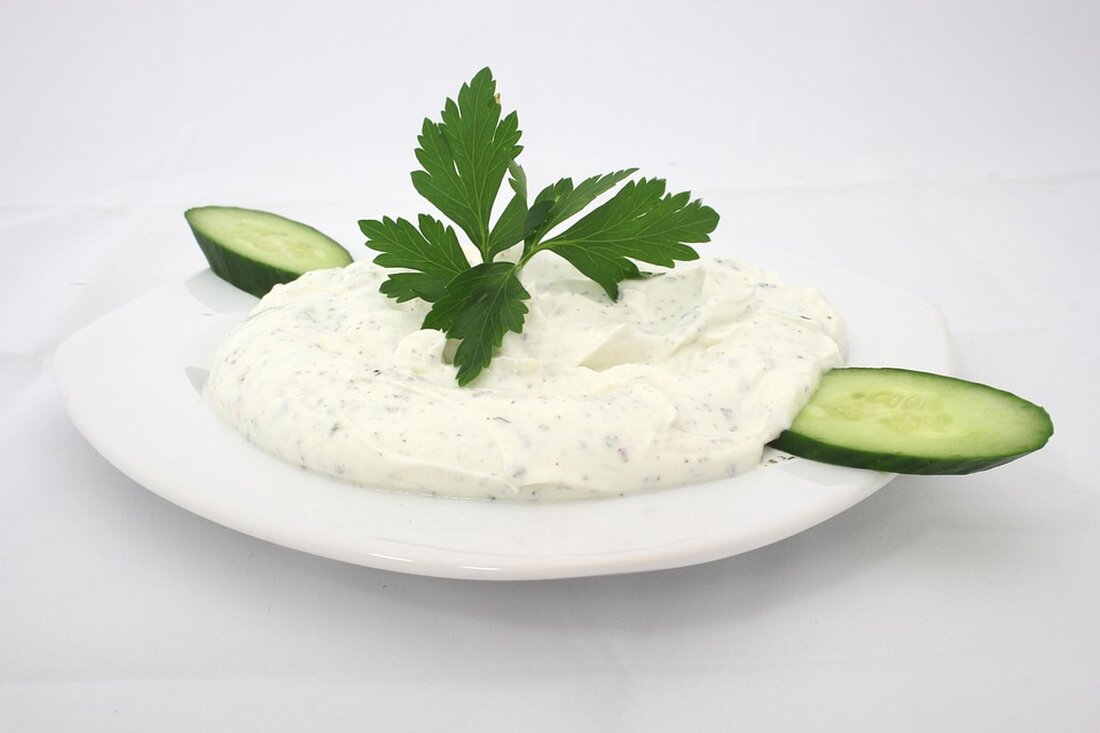Liberal education in Vietnam: Students in focus – On the way to new talent!
Learn how Vietnamese schools are implementing innovative educational models to nurture talent and personal development.

Liberal education in Vietnam: Students in focus – On the way to new talent!
A fundamental reassessment of education is underway in Vietnam. More and more educational institutions such as Olympia Primary and Secondary School, Nguyen Sieu Primary, Secondary and High School and Chu Van An High School in Hanoi are opting for a liberal education model that aims to create optimal conditions for students. These schools invest not only in modern facilities but also in innovative teaching programs that promote students' all-round development toward truth, goodness and beauty. Tri Duc High School in Hanoi has developed a unique “3-in-1” boarding education model that offers a combination of student-centered learning, social responsibility and family support. These initiatives reflect the desire to individually nurture students' talents and professional inclinations.
The liberal education model is seen as crucial to educating well-rounded, adaptable and lifelong learners. Mr. Ha Trung Hung, a former lecturer, emphasizes that education goes far beyond imparting knowledge; it is also said to develop intelligence, morals and willpower. In this context, the guideline “First become a person, then a talent” is particularly valued. School actors such as Ms. Tran Thi Hai Yen, deputy head of the school, play an important role here by not only imparting knowledge, but also supporting the students' personal development.
Innovative teaching methods
A central element of the new education model is the promotion of self-study, critical thinking and life skills. The introduction of discussion teaching models has led to students learning to independently prepare lessons, formulate questions and take notes. After just six months, 85% of students have significantly improved their self-study and communication skills as well as their career orientation. Nguyen Thuy Linh, a student, reports increased self-awareness and better management of emotions through implementing this model.
The role of teachers has also changed. They no longer just act as knowledge brokers, but as “designers” of learning experiences that accompany the students in their development. This requires teachers to carefully prepare their lessons and be willing to act as “students” in order to optimally design the lessons.
Importance of education in a broader context
The pursuit of innovative educational approaches comes at a time when society's perception of education is also being put to the test. The Science Year 2024 focuses on the topic of freedom and provides information about the connection between education and liberalism that has developed over the centuries. Historical educational thinkers such as Wilhelm von Humboldt viewed education as an incentive for self-determination and emphasized that education should be viewed as a civil right. Ralf Dahrendorf even described education as a fundamental civil right that should guarantee equal access to knowledge transfer.
In an online series, central moments in German educational history and the role of liberal educational thinkers are examined. By examining these topics, we want to show what can be learned for the current challenges in education and which suggestions from the past are still relevant today. The liberalization of education is recognized not only as a necessity in Vietnam, but also in the broader context of global educational history as the key to a free civil society.

 Suche
Suche
 Mein Konto
Mein Konto